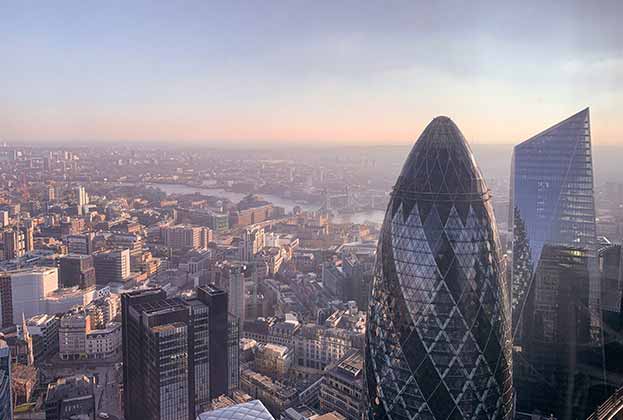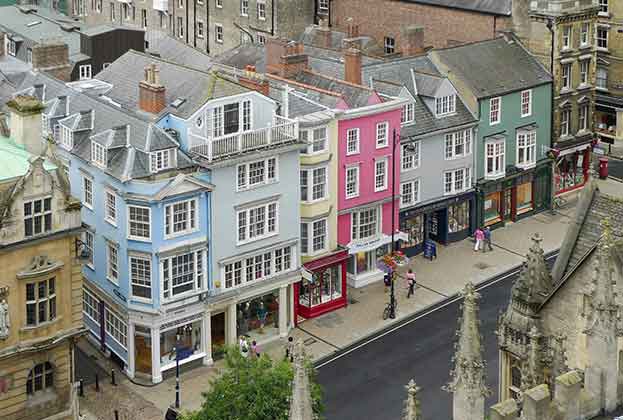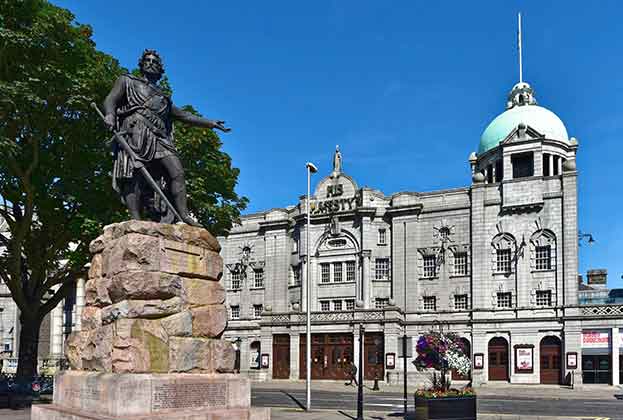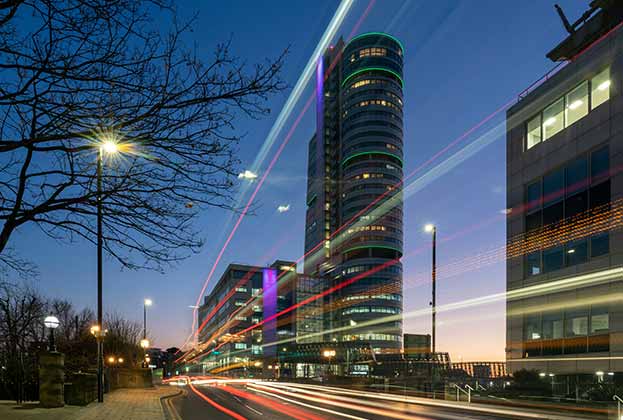The humble business park has been overlooked by some in recent years in favour of attention grabbing urban-based ‘co-working’ and shared spaces, which are perhaps perceived as having the ‘Instagram factor’ and the cachet of being cooler places to work.
However, this perception is changing, especially as floating pavilions and puppy play days continue to infiltrate parks across the UK.
In fact, the business park continues to be an important home to many corporate HQs and offices across the UK and, as the results of our latest What Workers Want (WWW) survey show, those that have experience of them are generally satisfied. They also have some specific advantages over city centre or suburban locations.
Of the 1,000 office workers we surveyed in the UK as part of WWW, 228 people were based in business parks. 51 per cent of these said that they were ‘happy’ with their current workplace – on a par with those who work in other types of UK locations.
Contrary to perceptions, the modern business park is not the bleak, windswept car-focused campus that many have in mind; they often have their own amenities, including cafés, shops and gyms, and larger landscaped outdoor areas compared with offices in city centres.
For example, Arlington Business Park in Theale has invested millions of pounds in improving its public realm in line with what workers want (see Why business parks are back on trend). As well as a floating pavilion on the lake there is an onsite café, an extensive events list, communal allotments and even an apiary producing fresh honey.
The fact that many parks are in close proximity to green space is probably why the WWW results showed that the satisfaction with air quality in the office is much higher among business park workers than elsewhere. 50 per cent of business park workers said they were content with air quality, opposed to just 39 per cent of workers in offices in city/town centres and 48 per cent in suburban locations.
While half of business park workers are at best neutral and at worst dissatisfied with air quality, it is still a strikingly higher level of satisfaction than those based in the city. It is also a much stronger starting point from which business park developers, landlords and occupiers can seek to improve these issues.
Unsurprisingly, 72 per cent of those surveyed who worked in business parks drove to work most of the time so this is an obvious place to start: increasing sustainable methods of transport to reduce reliance on the car, and therefore the resultant fumes, should further improve air quality, and is something many park managers are already exploring.
Given that pollution and air quality are increasingly part of the public’s consciousness, especially as we become more aware of the health risks, this issue is likely to rise up the rankings of factors that are important to people in their workplace. This is therefore one area where business parks could take the lead over offices elsewhere, and use their superior performance as a selling point to potential occupiers.
With social awareness and staff wellbeing high up on the business park agenda, it is hard to see what’s not to like, both on Instagram and in real life.
Further information
Read more: What Workers Want: Europe 2019
.jpg)
-impact-the-office-sector(1).jpg)

.jpg)






